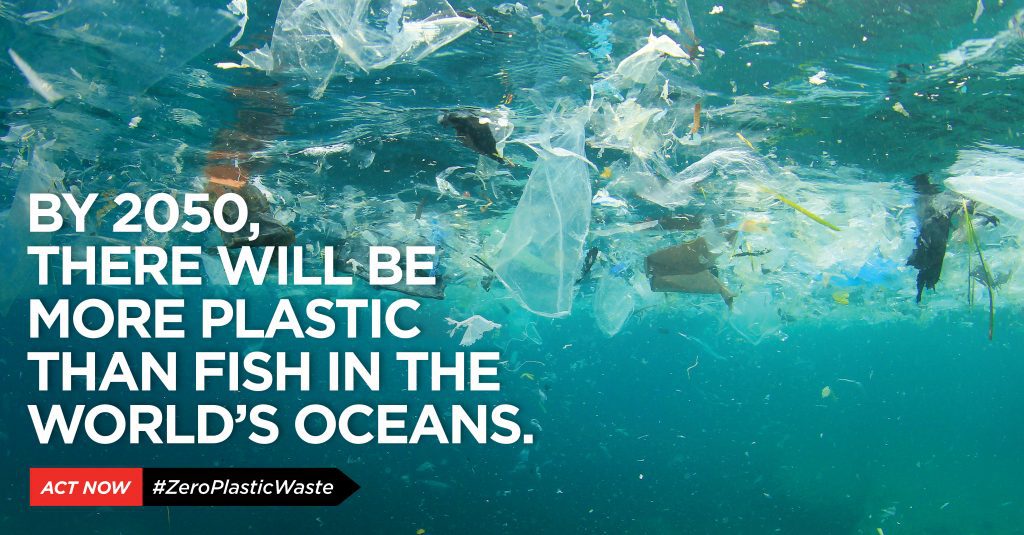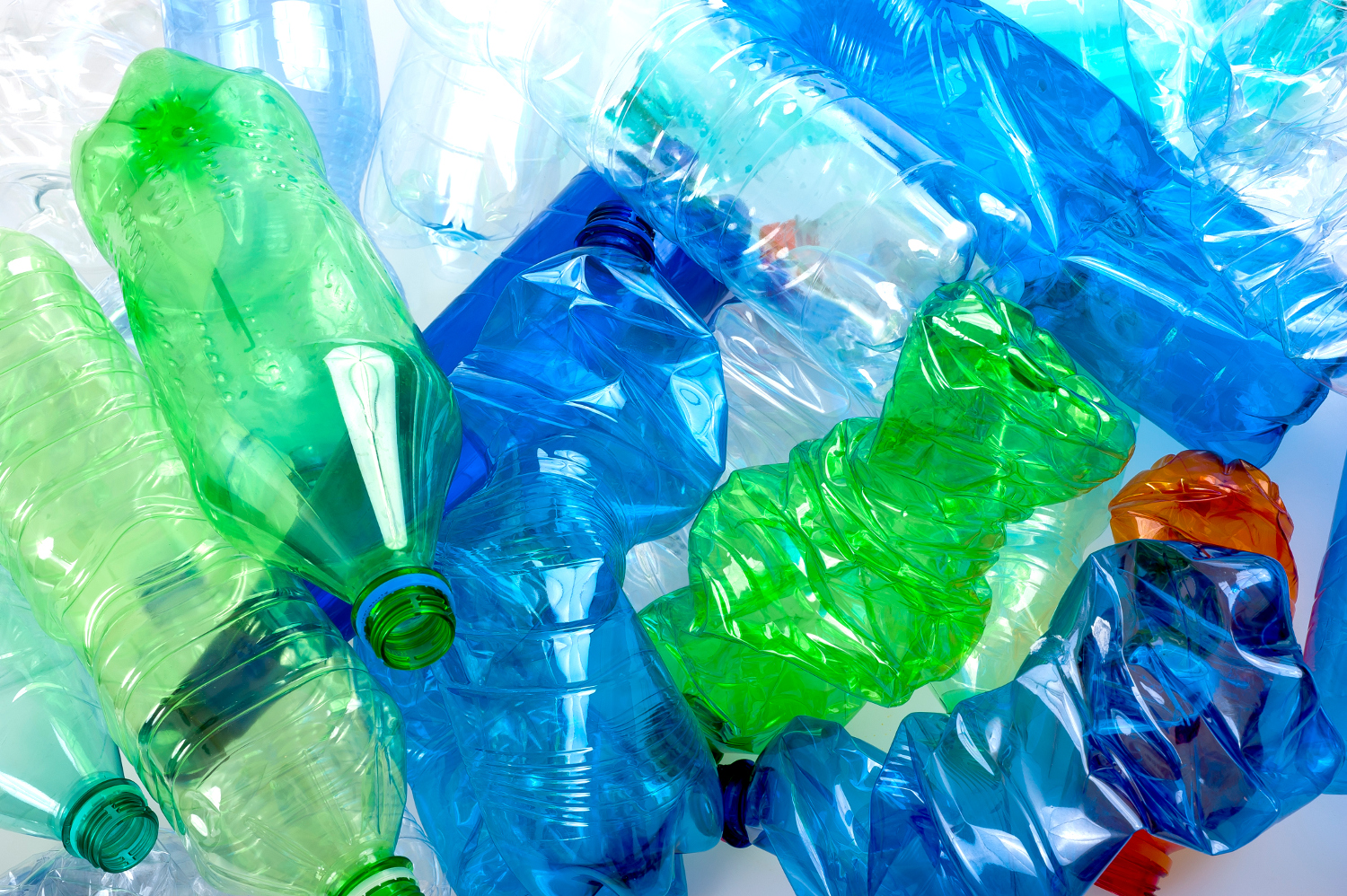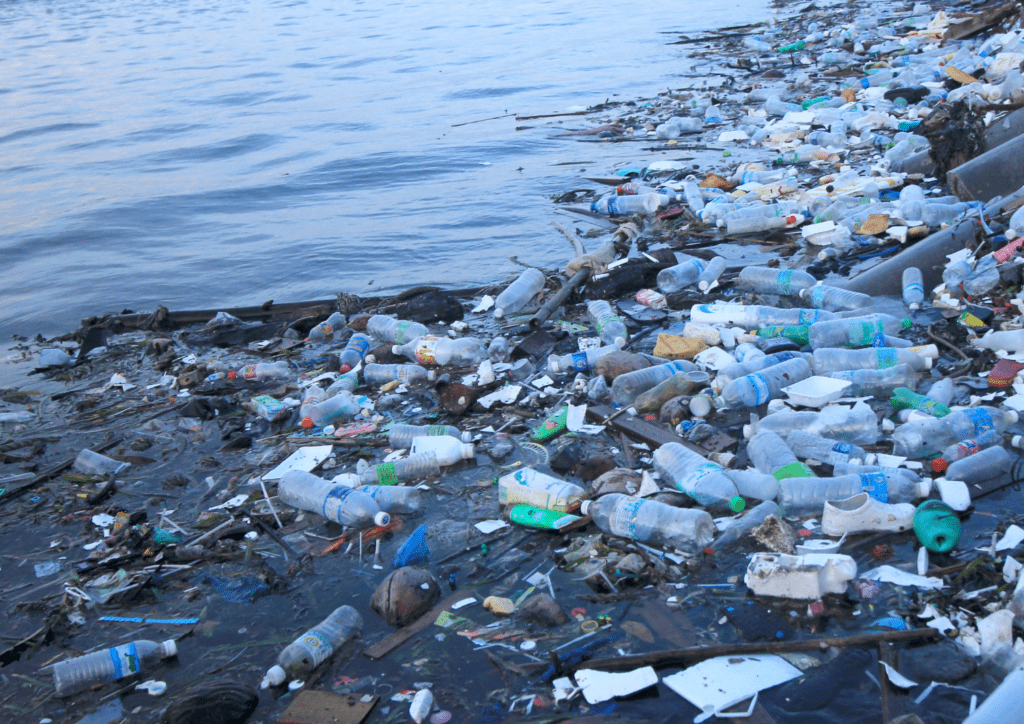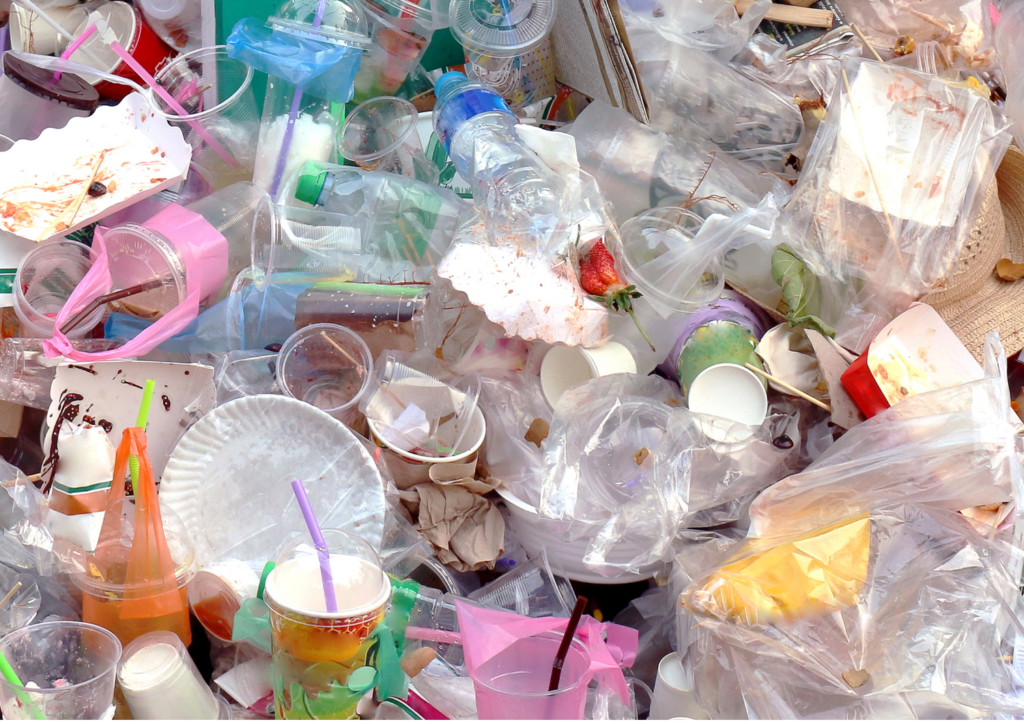Last week, G7 environment, energy and oceans ministers met in Halifax. There were lots of issues on the docket – illegal fishing, depleting fish stocks, climate action and at-risk coastal communities. And of course: plastic pollution. I went along to make sure the environmental voice was heard.

Some good news: The G7 Ocean Plastics Charter gets new endorsements
Back in June, five of the G7 countries signed-on to the Ocean Plastics Charter. And last week, Canada announced that the Charter had been endorsed by the World Economic Forum, four non-G7 countries (Norway, Jamaica, Kenya, and the Marshall Islands), and a number of businesses, including Coca-Cola, Dow Chemical, and Nestlé Canada.
Now, it’s great that businesses and governments agree there is a problem. And it’s even better that these businesses acknowledge that their products, packaging and practices are part of the problem. But endorsing a non-binding Charter isn’t enough. The Charter doesn’t actually require Coke, Nestlé or Dow to do anything to clean up their act. So, without enforceable legislation it’s not much more than corporate virtue-signalling.
To make it worth the paper it’s written on, Canada and the other signatories to the Ocean Plastics Charter need go further. Governments need to write laws, set standards, and enable a circular economy that requires businesses meet firm plastic reduction, and recycling targets.
Walking the walk: new federal actions
Minister McKenna also announced that the federal government plans to reduce plastic use and waste in its own operations, and to use its purchasing power to encourage sustainable plastic use. That means hiring vendors, caterers and other service providers that are committed to zero plastic waste.
This is one of the actions we called for in our plastics declaration, and a small but notable first step. The feds absolutely need to walk-the-walk. But they also need to do so much more.

We need a national strategy to end plastic waste. Seriously.
Minister McKenna has announced that Canada is working to draft a national plastics strategy for later this fall, and it couldn’t come soon enough. The strategy will be the roadmap we desperately need to achieve the country’s zero plastic waste goals. So, it needs to include:
- Bans on plastics that can’t be efficiently recycled, or that contain toxic chemicals;
- A legally binding 85 per cent recycling target for single-use plastics by 2025;
- A 75 per cent minimum recycled content standard for single-use plastics, to drive the use of recycled materials in the creation of new plastic products; and
- Legislation that makes producers financially and operationally responsible for collecting and recycling their products.
If you agree that Canada needs to do more to end plastic pollution sign our petition. Baby steps are all well and good, but we have a mountain to climb.








